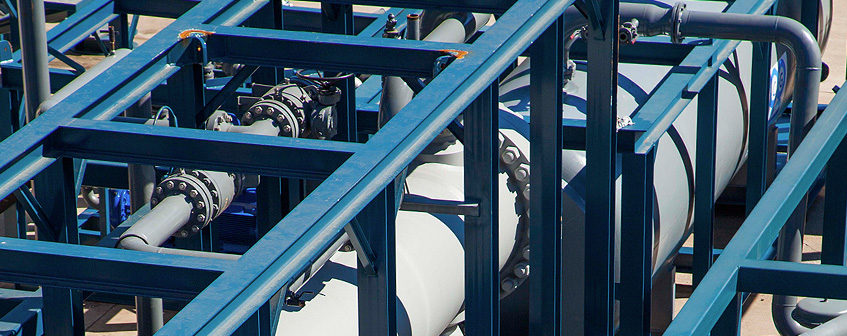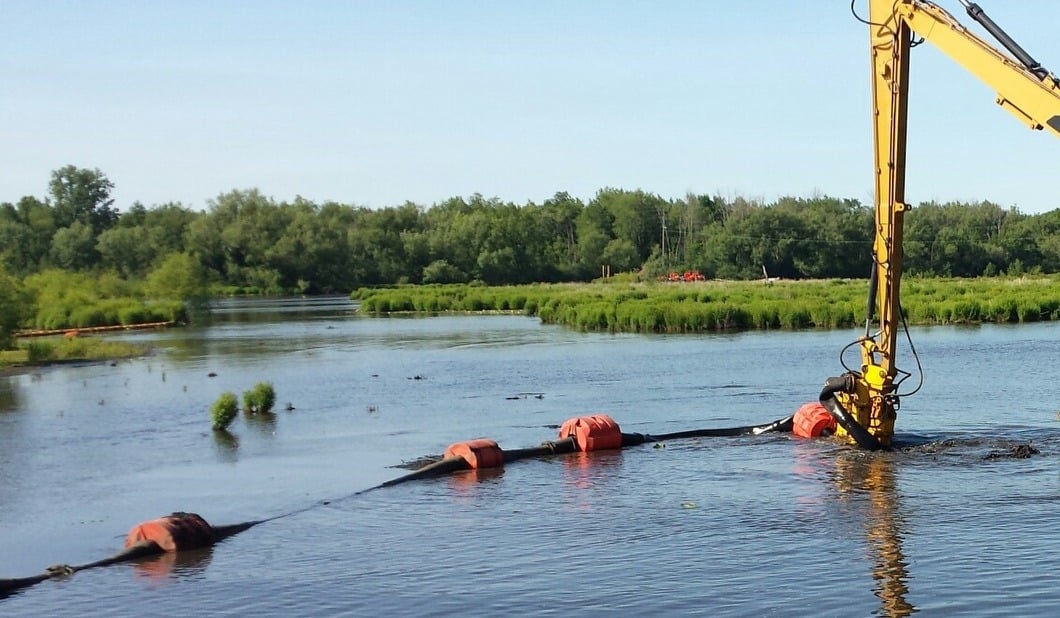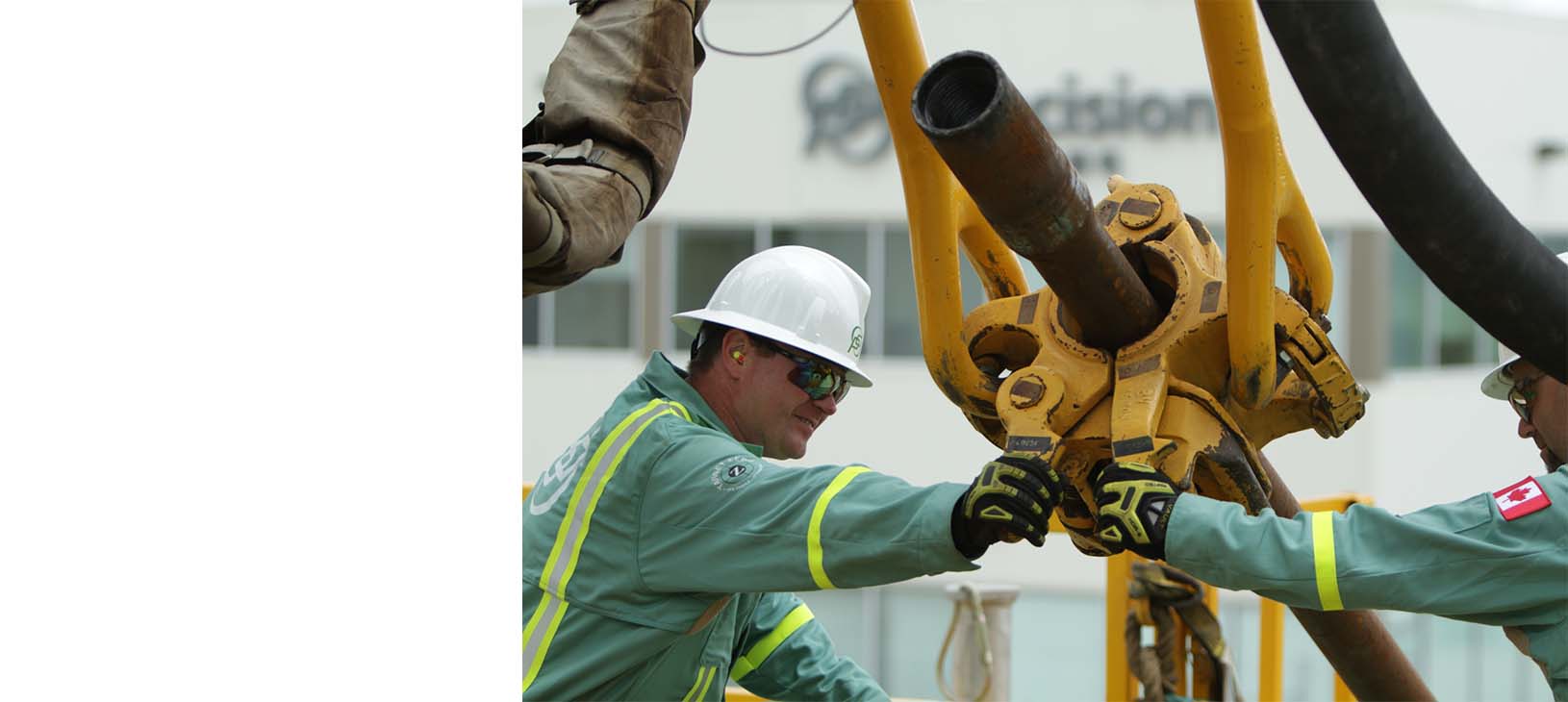Superior Rentals Contact: support and service options
A Comprehensive Overview to the Various Kinds Of Oil Field Equipment and Pipeline Equipment Available
The oil and gas market depends greatly on customized tools for efficient extraction and transport. Numerous sorts of equipment, from piercing rigs to storage tanks, play important functions in this intricate procedure. Each tool serves distinctive functions that add to overall functional success. Understanding these components is necessary for anyone associated with the market. As the industry evolves, so too do the technologies that sustain it. What improvements are on the horizon?

Drilling Rigs: The Foundation of Oil Exploration
Drilling rigs serve as the essential equipment in the domain of oil expedition, allowing companies to accessibility hydrocarbon reserves hidden deep below the Planet's surface. These rigs are available in various types, consisting of land rigs, offshore rigs, and mobile units, each created to run in details environments. Outfitted with sophisticated modern technology, drilling rigs can permeate geological developments with accuracy, ensuring efficient resource removal. The structural integrity and operational abilities of these rigs are critical, as they should stand up to severe problems and significant pressures. Furthermore, the option of an exploration rig affects the overall job price and timeline, making it an essential factor to consider for oil firms seeking to enhance their expedition initiatives and take full advantage of efficiency in their operations.
Pumps: Crucial for Liquid Movement
In the oil extraction process, the role of pumps is significant, assisting in the motion of fluids throughout different stages of production. Pumps are important for carrying petroleum, water, and other liquids from underground reservoirs to the surface area and afterwards through pipelines to refineries. They can be found in different types, including centrifugal, favorable variation, and completely submersible pumps, each offering particular purposes based upon the fluid qualities and operational needs. Centrifugal pumps are commonly used for their performance in high-flow applications, while favorable variation pumps master dealing with viscous liquids. The selection of pump influences total performance, functional security, and maintenance prices. Appropriate selection and upkeep of pumps are important for maximizing production and minimizing downtime in oil area operations.
Shutoffs: Managing Circulation and Pressure

Shutoffs play a vital role in taking care of the flow and pressure of liquids within oil areas and pipelines. Different kinds of shutoffs serve unique applications, each made to accomplish particular functions essential for reliable procedure - Superior Oilfield Rentals. Recognizing the features and uses these shutoffs is crucial for maximizing system efficiency and safety and security
Sorts of Valves
Necessary parts in oil area procedures, valves play a vital duty in managing the circulation and stress of liquids within pipes and tools. Numerous kinds of shutoffs are utilized to fulfill the diverse needs of oil and gas manufacturing. Usual types include gate shutoffs, which supply a straight-line flow and minimal stress decline; globe valves, recognized for their throttling abilities; and ball valves, recognized for their fast on/off control. Furthermore, check valves prevent heartburn, while butterfly shutoffs provide a lightweight remedy for regulating circulation. Each shutoff type is developed with particular materials and setups to hold up against the extreme conditions often discovered in oil fields, ensuring reliability and performance in procedures. Comprehending these types is essential for efficient system management.
Valve Applications and Features
While various sorts of valves serve unique functions, their primary applications focus on regulating flow and pressure within oil and gas systems. Shutoffs such as entrance, globe, and round valves regulate liquid movement, making certain peak efficiency and safety. Gateway valves are commonly made use of for on/off control, offering minimal flow resistance. World shutoffs, on the other hand, deal accurate circulation regulation, making them appropriate for strangling applications. Ball shutoffs are preferred for their quick procedure and tight securing capabilities. Furthermore, stress alleviation valves are critical for protecting against system overpressure, protecting devices honesty. Generally, the appropriate option and application of valves boost operational efficiency, making certain the trustworthy transport of oil and gas with pipes and processing facilities.
Compressors: Enhancing Gas Transportation
Compressors play an essential function in the efficient transportation of natural gas, making certain that it relocates smoothly with pipelines over fars away. These tools boost the pressure of all-natural gas, allowing it to get over friction and altitude modifications within the pipeline system. Furthermore, compressors promote the harmonizing of supply and need, suiting variations in consumption and manufacturing prices. Various kinds of compressors are employed in the industry, including centrifugal, reciprocating, and rotary screw compressors, each offering distinctive benefits based upon the operational requirements. Regular upkeep of these compressors is necessary to optimize performance and minimize downtime, eventually adding to a dependable gas transport network. Their important feature highlights the importance of compressors in the total oil and gas framework.
Storage Tanks: Safe and Reliable Liquid Monitoring
Reliable transportation of all-natural gas counts on numerous support group, one of which is the correct monitoring of storage space tanks. These containers play an important function in safely containing fluids, making sure that functional efficiency is kept while decreasing environmental risks. Built from resilient materials, they are designed to hold up against high stress and harsh aspects. Correctly sized and strategically situated, storage space tanks promote the smooth circulation of natural gas and various other liquids, stopping bottlenecks in supply chains. Normal maintenance and tracking are critical to discover leakages or structural concerns, promoting safety and compliance with regulative criteria. Ultimately, the efficient monitoring of storage tanks is critical for the general integrity and dependability of the oil and gas market's fluid handling systems.
Pipeline Equipments: Framework for Transport
Pipeline systems act as the foundation of the oil and gas sector, helping with the reliable transportation of hydrocarbons over substantial ranges. These systems consist of numerous components, including pipelines, valves, pumps, and compressors, all meticulously designed to ensure seamless circulation. The products utilized in pipeline building and construction, typically steel or high-density polyethylene, are chosen for sturdiness and resistance to rust. Pipeline networks can extend throughout land and water, linking manufacturing sites to refineries and distribution facilities. Furthermore, progressed modern technology allows real-time surveillance of circulation rates and stress degrees, boosting functional efficiency. The calculated positioning of these pipelines reduces ecological influence while making best use of source access, therefore playing an essential role in meeting power needs globally.
Safety Equipment: Making Certain Employee and Environmental Defense
The procedure of pipeline systems, while necessary for power transport, additionally provides substantial security difficulties for workers and the environment. Safety and security devices plays a considerable role in reducing these risks. Individual protective equipment (PPE) such as headgears, gloves, and non-slip shoes safeguards workers from physical hazards. In addition, gas detection systems monitor for leaks, making sure that dangerous compounds do not posture a danger to personnel or the bordering community. Emergency situation shutdown systems are important for promptly stopping procedures during a situation, avoiding possible disasters. Spill control materials, including absorbents and obstacles, are fundamental for decreasing environmental effect. On the whole, buying all-encompassing security equipment is essential for preserving operational integrity and shielding both workers and the atmosphere in the oil and gas field.

Often Asked Concerns
How Do I Choose the Right Oil Field Equipment for My Project?
Picking the ideal oil field equipment involves assessing job requirements, budget restrictions, and functional needs. Take into consideration factors such as equipment reliability, compatibility with existing systems, and the provider's track record to assure peak efficiency and safety.
What Are the Maintenance Requirements for Oil Field Equipment?
Maintenance requirements for read more oil area devices include regular evaluations, lubrication, and timely repair services. Operators must likewise comply with maker standards, display efficiency metrics, and assurance conformity with security policies to boost durability and efficiency.

Exactly How Can I Make Sure Conformity With Environmental Rules?
To assure conformity with ecological regulations, firms need to conduct routine audits, carry out finest techniques, purchase training, maintain appropriate paperwork, and stay upgraded on legislation (Superior Rentals fusion machines). Partnership with ecological firms can also improve adherence to laws
What Is the Average Lifespan of Pipeline Equipment?
The typical life-span of pipeline tools generally ranges from 20 to 50 years, relying on factors such as material high quality, ecological problems, and upkeep techniques. Regular assessments can substantially affect long life and functional efficiency.
How Do I Safely Carry Oil Field Equipment to Remote Locations?
Moving oil area equipment to remote areas needs careful preparation, including course evaluation, securing authorizations, using ideal automobiles, and guaranteeing safety and security methods are complied with. Proper training and communication amongst crews are essential for effective transport.